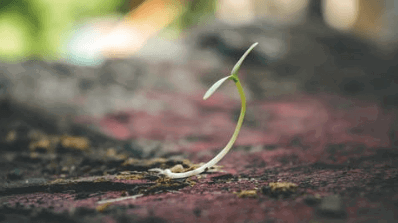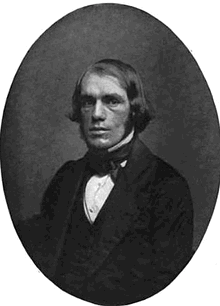Everybody Can Do Something

I've been participating in this book study: How to be an Antiracist by Ibram X. Kendi, . After a group discussion, I was left pondering what a classroom teacher could do, particularly if they teach mostly or all Caucasian students. Some people might say "You are not qualified to teach the subject because you are not a person of color". I disagree. I think any human can teach kindness, respect and consideration to another human, regardless of color.
There is no need to do the activity highlighted on Frontline https://www.youtube.com/watch?v=ebPoSMULI5U where in 1968 Ms. Jane Elliott conducted a Blue Eye/Brown Eye exercise with third graders in Iowa. Kendi tells us in his book that everyone has a prejudice at any one time over something. As humans we place value judgement on all kinds of situations. For example, is it better to live in this place or that? Is it better to be from this state or from that state? I'll tell you I've heard Texans say it's way better to be from Texas, or in Texas than to be from New York or in New York. Whose to say that's true? It's a value judgement with the result of making one group feel better about themselves than another group. Not a helpful view point if building harmony is your goal.
In his book, Kendi discusses that we all have racist thinking and that we must be vigilant and willing to self-critique in order to improve into an antiracist mindset. I agree. So if self reflection is the key, why couldn't a white teacher teach the students good human values?
Let's say you teach in a primarily white community. How about examining prejudices within school? Possible questions are:
* Are the Gifted and Talented students better/worse than others? They are not, but how many would say yes?
* Are the children who go out for dyslexia, content mastery, etc. better/worse than those who stay in class all day? Of course not, but do the kids know that?
So without even addressing the color issue, a teacher can call into question her views, and her students views of people in their community, and particularly of the microcosm that is school. Schools group and classify people on all sorts of areas. We humans add or remove value to these classifications. Being able to have discussions of this sort is essential for the growth of good humans. Fair is not everyone getting the same thing. It's everyone getting what they need to be successful. This lens forces us to look at people as individuals.
One of the best and most successful things I did in the classroom was focus on Social and Emotional Learning. Classroom meetings and conflict resolution that emphasized kindness and respect towards all was essential to growing better humans. It may not have been "academic", which could make it controversial in this day and age, but it certainly promoted a positive climate for working and interacting. Once a student understood he/she could work with others who were not his/her friends, that made it much easier to get along. It also set up each student for success because each person was valued. I felt confident that I was helping to build a better human.
Did I address race issues directly? No, that didn't come up. However I planted a seed, the seed of kindness and respect. My hope is that this way of thinking, could grow into consideration of other people that a student might encounter later in life. When those that are unaffected by the status quo are driven to do something, real change can happen. When things are no longer "your" problem, but our problem, things can change. We can't do it all, but we can all do something.
 I am only one; but still I am one. I cannot do everything; but still I can do something; and because I cannot do everything, I will not refuse to do the something that I can do. -- Edward Everett Hale
I am only one; but still I am one. I cannot do everything; but still I can do something; and because I cannot do everything, I will not refuse to do the something that I can do. -- Edward Everett Hale


